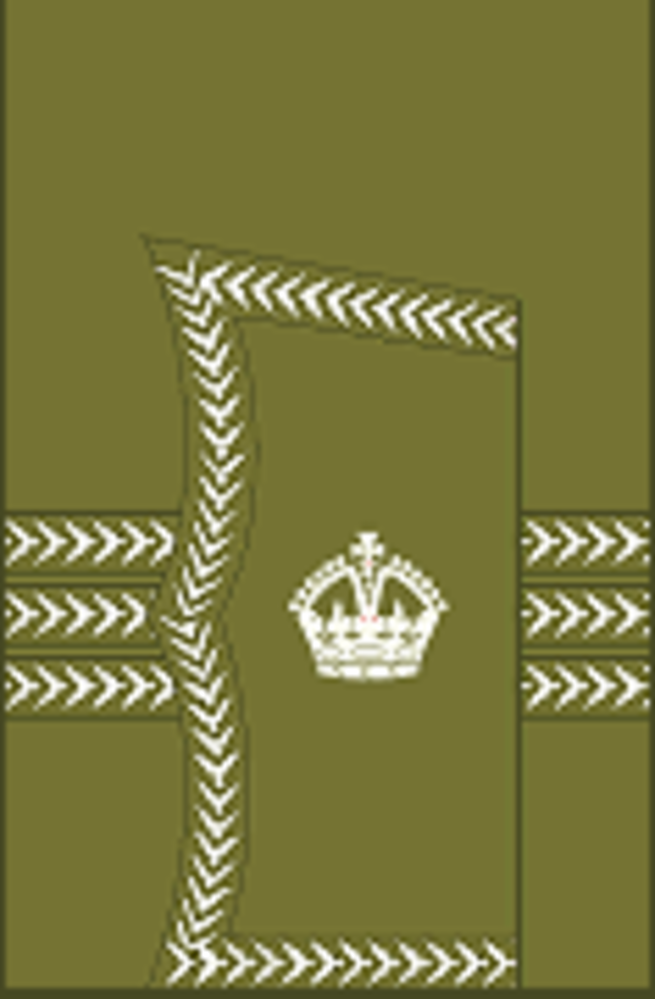Main Difference
The main difference between Major and Mayor is that the Major is a military rank and Mayor is a head of municipal government such as a town or city.
-
Major
Major is a military rank of commissioned officer status, with corresponding ranks existing in many military forces throughout the world.
-
Mayor
In many countries, a mayor (from the Latin maior [majˈjɔr], meaning “bigger”) is the highest-ranking official in a municipal government such as that of a city or a town.
Worldwide, there is a wide variance in local laws and customs regarding the powers and responsibilities of a mayor as well as the means by which a mayor is elected or otherwise mandated. Depending on the system chosen, a mayor may be the chief executive officer of the municipal government, may simply chair a multi-member governing body with little or no independent power, or may play a solely ceremonial role. Options for selection of a mayor include direct election by the public, or selection by an elected governing council or board.
-
Major (noun)
a military rank between captain and lieutenant colonel
“He used to be a major in the army.”
-
Major (noun)
The main area of study of a student working toward a degree at a college or university.
“Midway through his second year of college, he still hadn’t chosen a major.”
-
Major (noun)
A student at a college or university concentrating on a given area of study.
“She is a math major.”
-
Major (noun)
A person of legal age.
-
Major (noun)
The major premise.
-
Major (noun)
An alternate term for touchdown; short for “major score”.
-
Major (noun)
A large, commercially successful record label, as opposed to an indie.
-
Major (noun)
An elder brother (especially at a public school).
-
Major (noun)
A large leaf-cutter ant that acts as a soldier, defending the nest.
-
Major (adjective)
Of great significance or importance.
-
Major (adjective)
Greater in number, quantity, or extent
“the major part of the assembly”
-
Major (adjective)
Of full legal age, having attained majority
-
Major (adjective)
Of a scale that follows the pattern: tone – tone – semitone – tone – tone – tone – semitone
“A major scale.”
-
Major (adjective)
Being the larger of two intervals denoted by the same ordinal number.
-
Major (adjective)
Containing the note a major third (four half steps) above the tonic.
-
Major (verb)
to concentrate on a particular area of study as a student in a college or university
“I have decided to major in mathematics.”
-
Mayor (noun)
The leader of a city, or a municipality, sometimes just a figurehead and sometimes a powerful position. In some countries, the mayor is elected by the citizens or by the city council.
-
Mayor (noun)
By restriction, a male municipal leader
-
Mayor (noun)
The steward of some royal courts, particularly in early Medieval France
-
Major (adjective)
important, serious, or significant
“the use of drugs is a major problem”
-
Major (adjective)
greater or more important; main
“he got the major share of the spoils”
-
Major (adjective)
(of a surgical operation) serious or life-threatening
“he had to undergo major surgery”
-
Major (adjective)
(of a scale) having intervals of a semitone between the third and fourth, and seventh and eighth degrees.
-
Major (adjective)
(of an interval) equivalent to that between the tonic and another note of a major scale, and greater by a semitone than the corresponding minor interval
“C to E is a major third”
-
Major (adjective)
(of a key) based on a major scale, tending to produce a bright or joyful effect
“Prelude in G Major”
-
Major (adjective)
(appended to a surname in public schools) indicating the elder of two brothers.
-
Major (adjective)
(of a term) occurring as the predicate in the conclusion of a categorical syllogism.
-
Major (adjective)
(of a premise) containing the major term in a categorical syllogism.
-
Major (noun)
a rank of officer in the army and the US air force, above captain and below lieutenant colonel.
-
Major (noun)
an officer in charge of a section of band instruments
“a trumpet major”
-
Major (noun)
a major key, interval, or scale.
-
Major (noun)
a system of change-ringing using eight bells.
-
Major (noun)
a major organization or competition
“the majors have swept up the smaller independent companies in licensing deals”
“it’s not unreasonable to believe someone can win all four majors”
“the oil majors had a profit bonanza”
-
Major (noun)
a student’s principal subject or course
“many students would ignore courses outside their major”
-
Major (noun)
a student specializing in a specified subject
“a math major”
-
Major (noun)
a major term or premise.
-
Major (noun)
short for major suit
“South was anxious to mention his four-card major and bid one spade”
-
Major (noun)
a goal.
-
Major (verb)
specialize in (a particular subject) at college or university
“I was trying to decide if I should major in drama or English”
-
Mayor (noun)
(in England, Wales, and Northern Ireland) the head of a town, borough, or county council, elected by council members and generally having purely ceremonial duties.
-
Mayor (noun)
(in the US, Canada, and certain other countries) the head of a municipal corporation, elected by the public.

